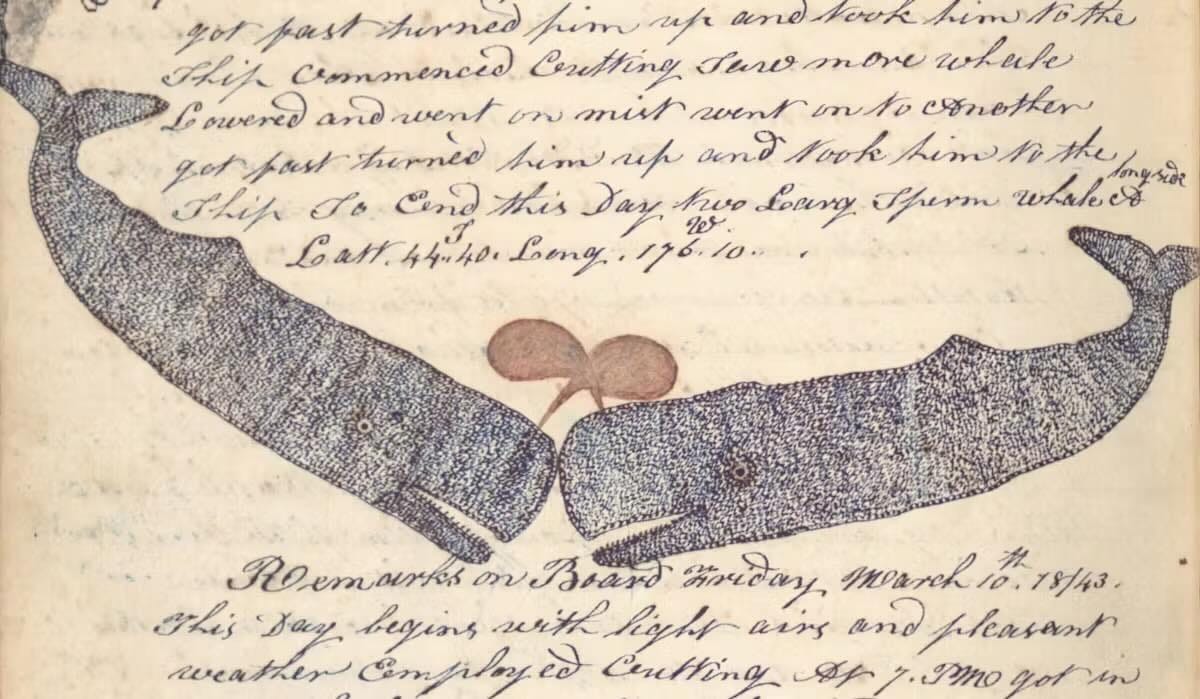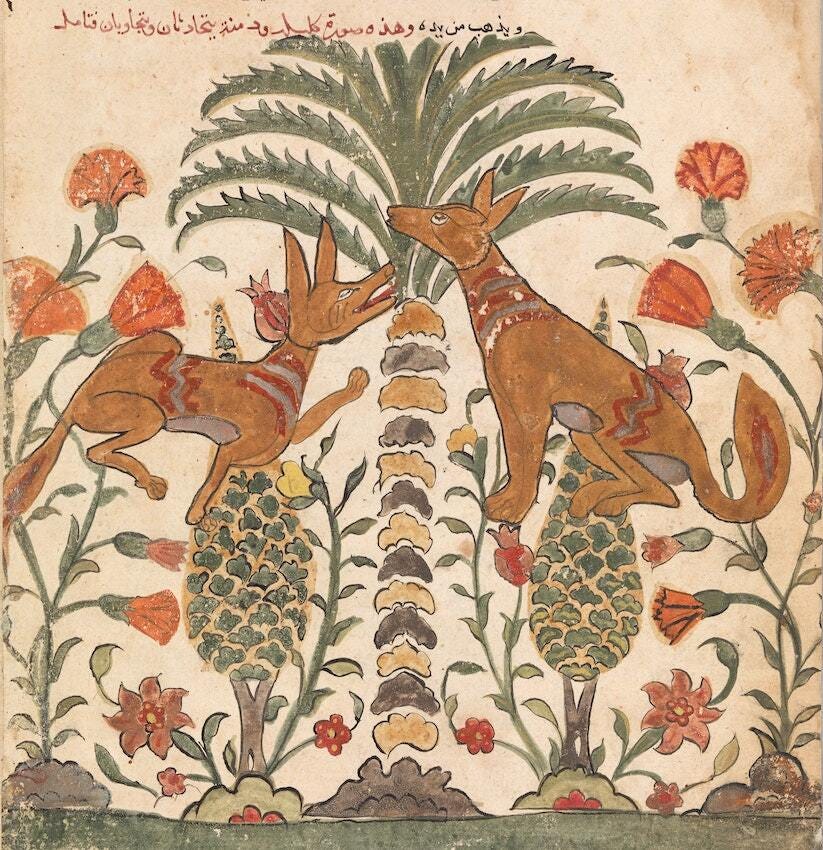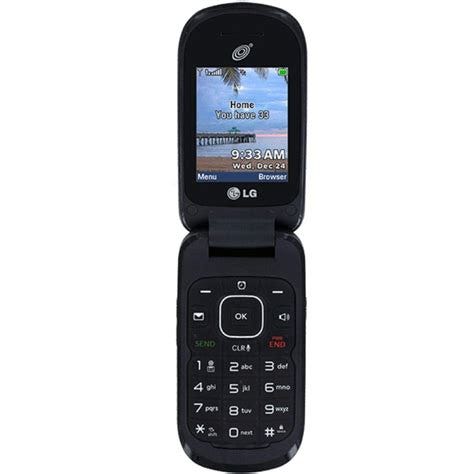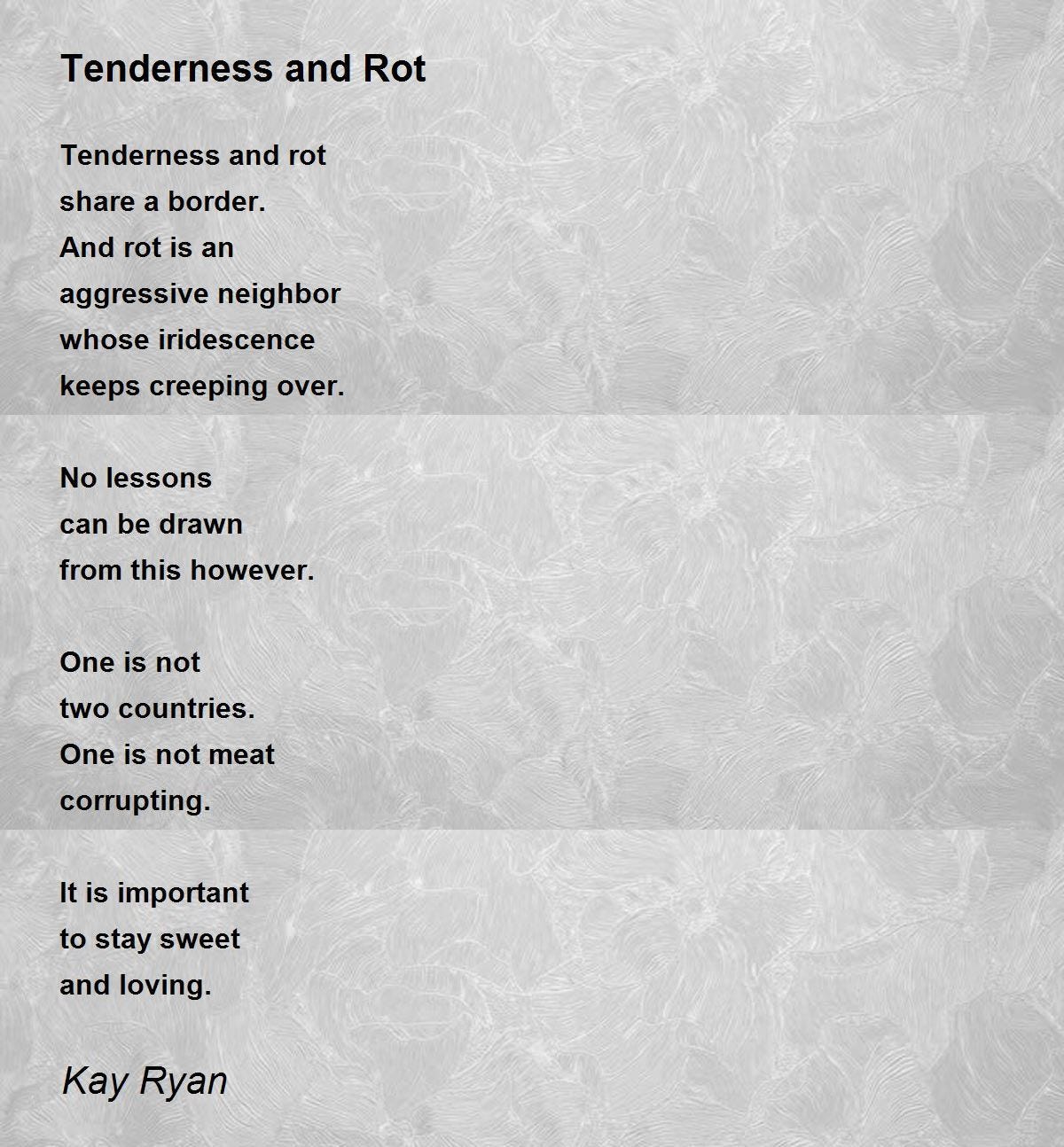essay: calling from the homeless camp
on serving people outside tonight
Dear Friends,
”Tenderness and rot share a border,” poet Kay Ryan writes. That border is glowing right now as sudden, atrocious laws swarm like blowflies. While our country convulses, remember that most people in our (in any) country are quite tender and loving—often goofy, eager to be understood.
I was lucky to participate in mutual aid tonight: I can’t stand not acting to alleviate suffering, I can’t stand not moving resources—even if just empathy—to the outcast shadows, to places where light can either die or be split into colors and amplified. There are so many things we need to viscerally fight right now that it’s hard to rest. I can rest best once I have delivered resources.
At dusk, a neighbor and I entered an encampment where ten to twenty houseless people live in tarp and tent dwellings. The camp is hidden behind trees off a central four lane street in Austin, Texas, across from a busy grocery store. She and I had collected rolling suitcases from friends and brought enough suitcases in the back of her blue truck for everyone to have one. The camp is under threat.
A greeting of welcome was immediate—a brindle pit bull named Cleo and a Husky named Stunner bounded up, wanting to be petted, rubbing and wagging; the joy of being dogs living outdoors in a big pack of friends.
My neighbor is an organizer who has been to this camp with hot food and other resources, bringing news and care. It is soon to be swept—dismantled by the city—the belongings put into dumpsters, people themselves pushed out to other hiding spots. Calamity. Moving again, everything lost again. Goodbye to this collective, their fire-pit, tents, clothesline, musical instruments. Folks of all ages and races came out of their areas to talk, wearing many layers to keep the cold away.
My friend delivered the news they were waiting for—no, there would be no rapid rehousing offered by the city. And no, no beds in shelters provided. Eyes of disappointment, hurt, sadness. When will the sweep be? Unknown. Fear. Where can we go? Unknown. Also eyes of gratitude, for her voice was kind, clear, carried condolences. She asked their first names, wrote them down, just so we remember—not for any other reason.
We walked to the truck and everyone got a rolling suitcase to pack up their important things before the city police sweep comes to scatter them. “Thank you for thinking about us and caring about us.” “Friend, you deserve that and so much more.”
Of the many sturdy, rolling bags that were delivered to our porches by friends over 24 hours, one suitcase was extra heavy. I unzipped it and found a smaller, leopard-print duffel bag stuffed inside it, and a smaller one inside that, a Russian doll suitcase, an ovary valise. I put the leopard print bag down on the ground, thinking the older woman in the group might want that one. Lo and behold, one of the men bounded up, covered in fake fur animal print! He looked like a medieval bard with a leopard cape, bone earrings, leather lacings up his arms. He was delighted by this prize, bouncing, slinging it over his shoulder. It was meant for him.
“We are bringing you phones, flip phones, tomorrow.” This brought smiles.
“What else is needed?” I asked. Light, solar light, AA batteries are needed. We just need it to flash for a second to see what we're doing.
I learned from friends in Gaza recently that when given the choice of money for food or an e-sim card (phone minutes and internet access), many will choose the phone access. Being tethered to other people is most vital. It is food.
After the camp visit, I went to Walmart. I bought ten flip phones and ten 30-day phone and text plans on cards with scratch-off codes. After activating them, setting up the voicemail and charging the batteries, I put each in a Ziploc bag with its new phone number, charger and pin code. I had money for these phones from your subscriptions.
Hopefully, we will have time to load resource numbers in the contacts, like Sunrise Homeless Navigation Center, the bus schedule phone line and the Weather Emergency Line. There are 6,000 houseless people in our city; there are only 1,000 beds in shelters. Waiting lists are in the years for the scant deeply affordable, permanent supportive housing. (More of all of this can be built, with our will.)
The news of the camp being swept in the next week or two hit some people more than others; it struck an elderly woman sitting in her broken electric wheelchair hardest. She turned away, put her head down and wept into her arms for just a moment, into her pink sweater.
How long have you and your husband been outside? I asked.
Six years, she said.
Half of the money of each paid subscription to this newsletter helps me get resources to people living outside, so I thank you.
It is a privilege and honor to be able to bring care and extra resources to people in a hard place before their little woods home is swept away. I hope it helps them hold on and hold on to each other, and reach for something they hope for.
I wish for the same for me, and for you —hold on to yourself, each other, and reach for something you hope for. There is too much in the balance. Let us choose hearts first. Our democracy is being savaged. Class solidarity is being forged. Many people we were taught to fear may be needed as friends. We might need all of us and all of our water buckets to quench a four-alarm fire.
Tomorrow night my neighbor and I will go back with the phones, food, and more news. It will be after our work days, dark, raining and cold, smoky. I hope to report back.
Abriel
P.S.
Creative Invitation ~ Share in Comments
Describe your vision of justice.
Unburden your heart about this moment in history, with colors on paper.
Tell us of a moment you helped, or were helped, at a hard time.
And here’s that poem by Kay Ryan about tenderness and rot ~
Art: Careful, intricately-patterned drawings of whales, accompanied by the co-ordinates of where they were spotted, from the logbook of the ship Indian Chief kept by Thomas R. Bloomfield (1842–1844). Public domain.
Art: Illustration of Kalīlah reprimanding Dimnah, from a manuscript of Kalīlah wa-Dimnah, thought to have been copied in India during the Gujarat Sultanate from an Egyptian source, ca. 1525–50 — Source.
Poem, “Tenderness and Rot” by Kay Ryan, published in Poetry (January 2002)






I have never felt so grateful for having subscribed to a publication, knowing that my money will flow to where it should go. And that my heart will also go to where it should go. I was thinking about how so many of our ancestors were actually nomads, packing up and leaving home and traveling to where they could find sustenance and setting up shelters from the elements. My Choctaw ancestors were known as the bone carriers, as they actually moved the bones of their own ancestors with them when they moved on to a new camp. But that was when there was scarcity of resources rather than abundance. We humans inherently and desperately need community, a home, even when it is temporary. These folks, living on the shadowy edge of plenty, have managed to create community with so little. But we who have homes cannot manage to extend our tents to hold all of those in need. I needed reminding. Thank you for your restless heart, as you can't rest while there are those in need. And thank you for showing us practical everyday ways to help. The vastness of ignorance and cruelty in country may seem beyond help. But help has to begin in our backyards. Again, thank you.
Thank you for this update Abe. So beautifully written. The truths you share are so needed right now.